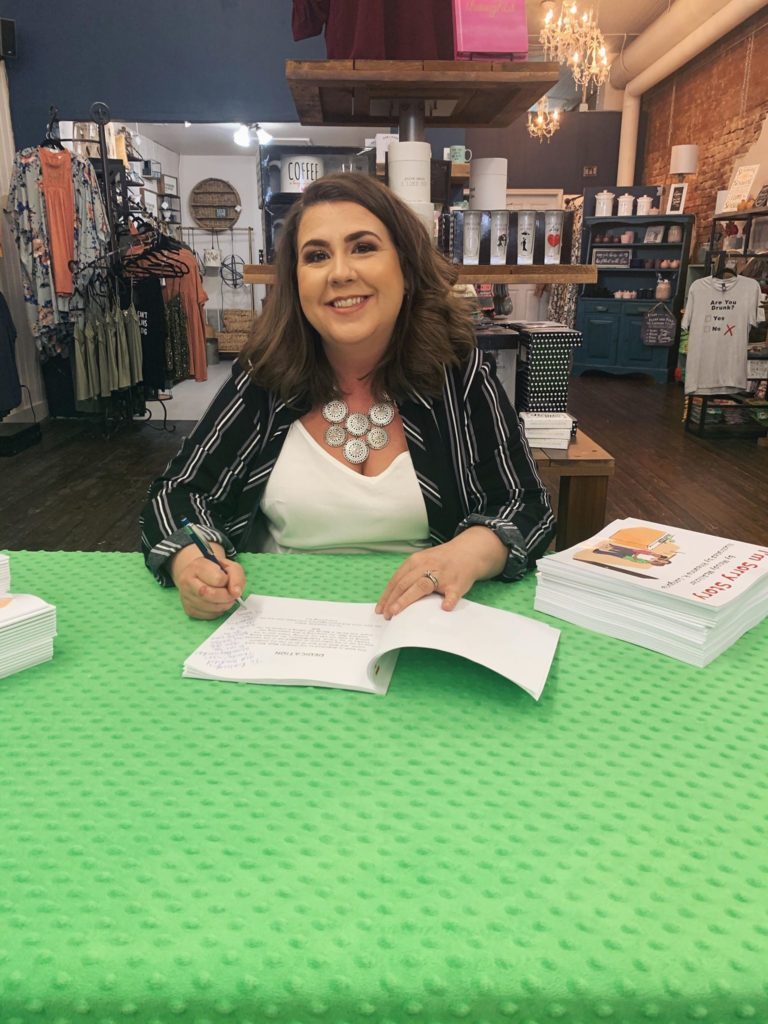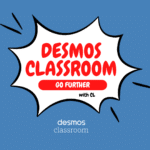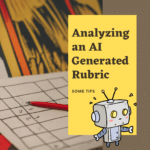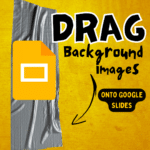
Melody McAllister
A Book About Belonging
Recently I was able to sit down with Hedreich Nichols, M. Ed to talk about her newest book, Finding Your Blind Spots: 8 Guiding Principles for Overcoming Implicit Bias in Teaching. If you follow this incredible educator, on any of her socials, you know that she can speak truth in love. Her words, whether spoken or written, are always invitations to reflect without shame. Although I consider her a friend, I tend to put her on a pedestal because I don’t know many people who can naturally convey a message of hope, even while embracing some hard, or courageous, conversations.
One thing you should know about Hedreich’s latest book, in her own words, is that it is a book about belonging. If you are an educator who aspires to reach every student in your class, understanding that reaching each of them may look different, you can find so many applicable and actionable steps in Finding Your Blind Spots, regardless of the grade level or academic area you teach. She offers ideas to implement immediately. BUT, before implementing there is inner work for all of us to do.

Guilt & Shame Don’t Produce Growth
In Finding Your Blindspots, Hedreich talks about biases. We all have them, and sometimes they help us. We are humans, and this is part of how we navigate the world. But sometimes our biases lead to discriminatory actions and these biases are often so part of our subconscious, unless we actively reflect on our thought process and our actions following, we may not think we are doing harm to others. And we all do this. We’ve all hurt others, including our students, when acting on biases. Hedreich’s message is not of guilt and shame, as she says guilt and shame will not produce growth and change. Her message is, if you want to do better for your students, you can. It requires work, and the work is necessary, but we’ve proven we can do hard things!
Now that is not to say that you should push aside discomfort when you realize that you harbor and act on biases that are exclusive and discriminatory. Just like we teach our students to lean in and keep trying when new lessons seem too challenging, the same applies to us. Hedreich says, “We truly need to get comfortable with being uncomfortable.” Like when we are trying to lose weight and become more healthy, we don’t start lifting the heaviest weights, we start small and begin the process of becoming stronger before we increase our weight. In fact, if you follow her #SmallBites Podcast, she tackles issues of belonging and inclusion weekly, in ways that keep learners encouraged to keep going.
Who Needs To Check Their Blind Spots?
It doesn’t matter what skin color, gender, religion, or sexual orientation you find yourself, we all have bias. How does the conservative Christian reach out to students who are LGBTQ+? While some would say that is easy, I know as one myself, it has taken me years to let go of the bias I was brought up with. Maybe you know firsthand what discrimination feels like and you want to make sure you don’t perpetuate it. Hedreich speaks about being the OBF or the “Only Black Friend” in many of her circles, growing up in the 70s while being among the first to help desegregate Texas schools.

Finding Your Blind Spots is part of a personal and professional mission for Hedreich Nichols. Her son is a young, Black man with a license. That is a fear that many of us don’t understand. If we took the time to look at life and history through a different perspective, questioning what we’ve been brought up to believe, we might find ourselves seeing our students in a different light, a more welcoming light at that. We may learn more from our students than we ever knew possible and continue to reach the students coming after.
Reflection Comes First
In Finding Your Blind Spots, Hedreich Nichols provides many activities we can do with our students, whether we teach kinders or seniors, to learn more about them and strengthen relationships. However, before we implement these lessons and ideas, we have to allow ourselves to question our own biases. When we begin doing that, and seeing things from a different point of view, we will start to understand why and how mainstream curriculum often sugar coats painful history and lacks true representation. Searching for truth and continuously educating ourselves beyond what we’ve learned in our own education will help us create learning experiences that are more relevant for our students. It’s not easy work, but it’s worth it. It’s the only the way we are going to be able to reach every learner and help show them that they belong in our classroom and community, and hopefully inspire them to pursue the talents and interests that make them unique.
About The Author

Melody McAllister is a wife, mother of five, educator, and author. She and her family relocated to Alaska from the Dallas area in 2019. McAllister is 2017 Garland NAACP Educator of the Year and author of the I’m Sorry Story. She is also the Logistics Manager for EduMatch Publishing and Alice Keeler, LLC. McAllister has spoken at ISTE and ASTE about equity issues in education, and writes about her journey in her blog, HeGaveMeAMelody.com. If you would like to schedule an author read with your class, please contact her on Twitter or email her at melody@mjmcalliwrites.com.
Join Melody’s BookChat every Wednesday at 8pm EST at YouTube.com/melodymcallister








